11 GPTs for Idiomatic Understanding Powered by AI for Free of 2026
AI GPTs for Idiomatic Understanding are advanced computational tools designed to interpret, generate, and analyze language with a focus on idioms and colloquial expressions. Leveraging the power of Generative Pre-trained Transformers, these tools are adept at navigating the complexities of language that go beyond literal meanings, making them invaluable for tasks requiring nuanced language comprehension and production. Their development underscores the importance of contextual understanding in AI interactions, providing tailored solutions that enhance communication across various applications.
Top 10 GPTs for Idiomatic Understanding are: 英语学习助手,Linguist Coach,Linguist Lens,Chinese Culture Translator,英文拆解,HausaGPT,English Dictionary for Learners,Bobby,German,Translation Tutor: CN to EN
英语学习助手
Master English with AI-Powered Insights
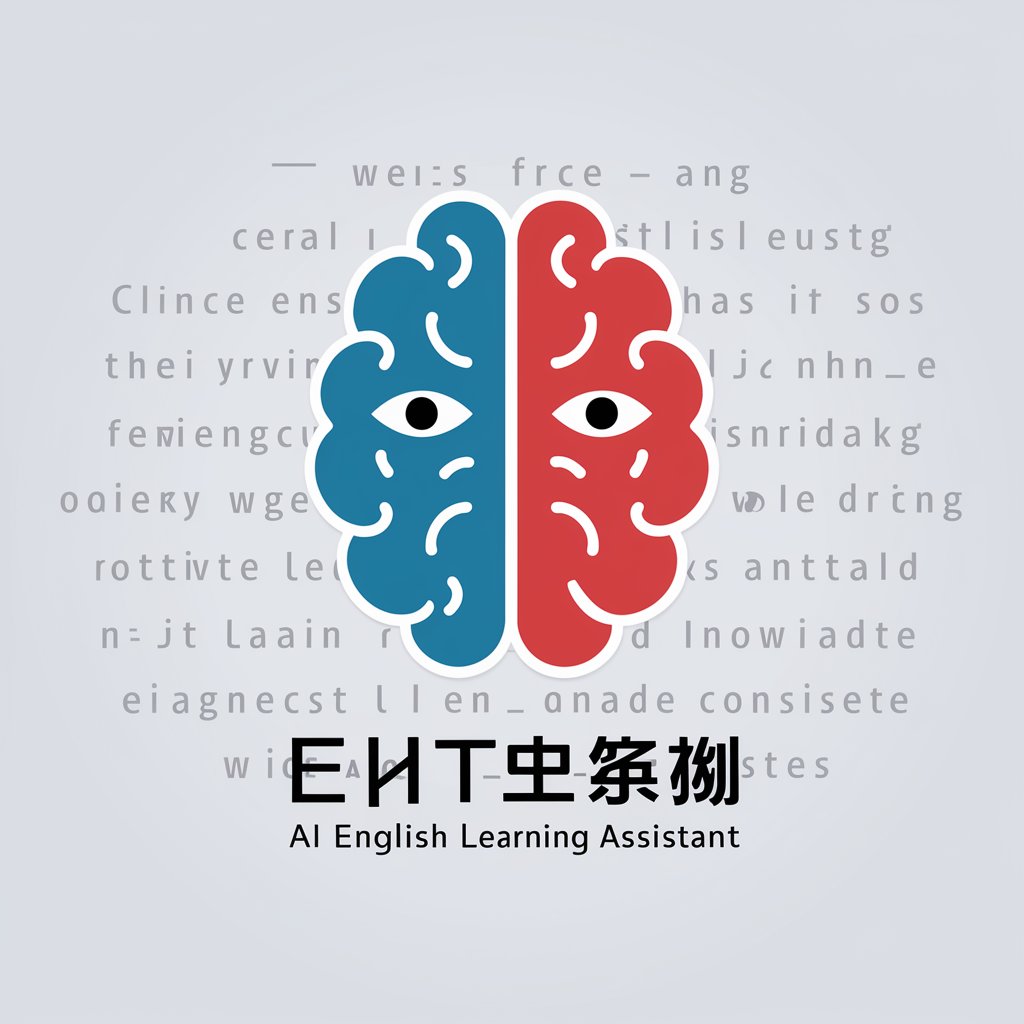
Linguist Coach
Enhance Your English with AI Assistance
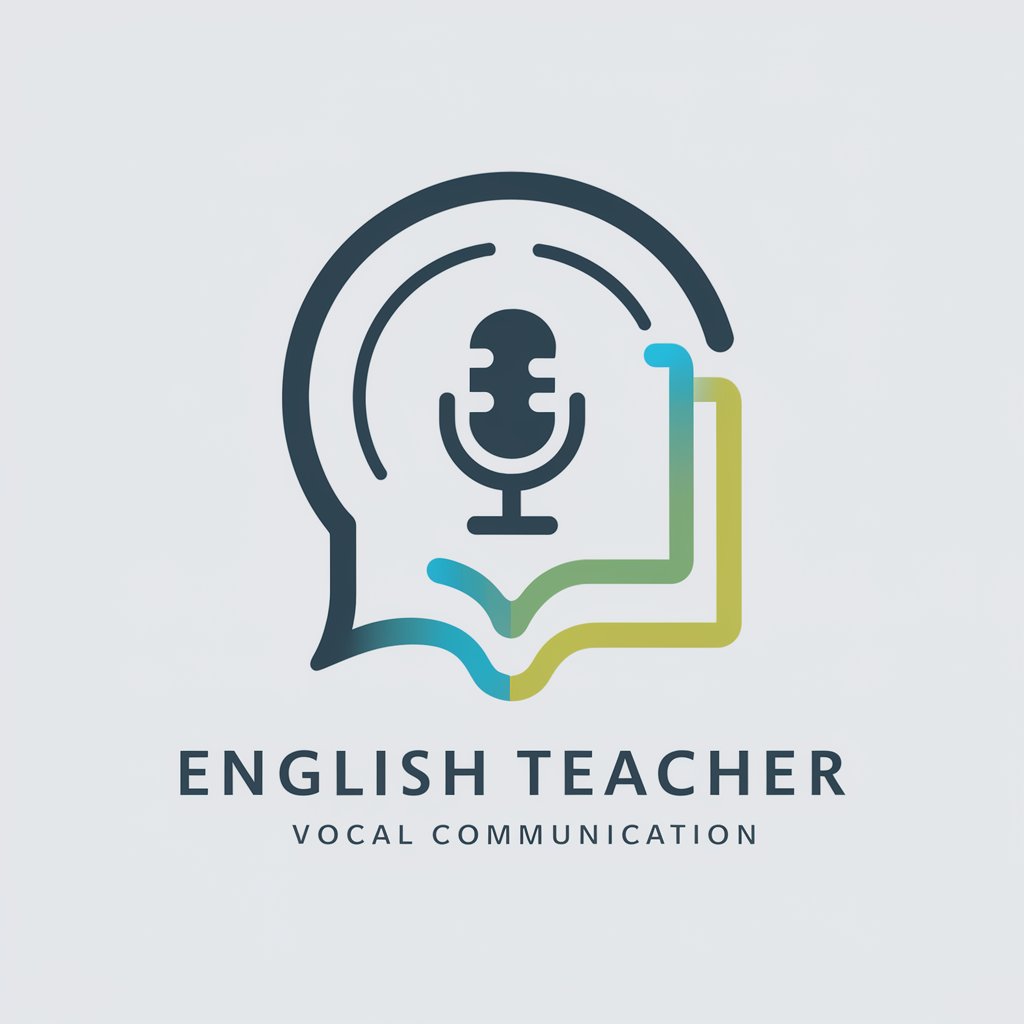
Linguist Lens
Visualizing Language, Unlocking Meaning
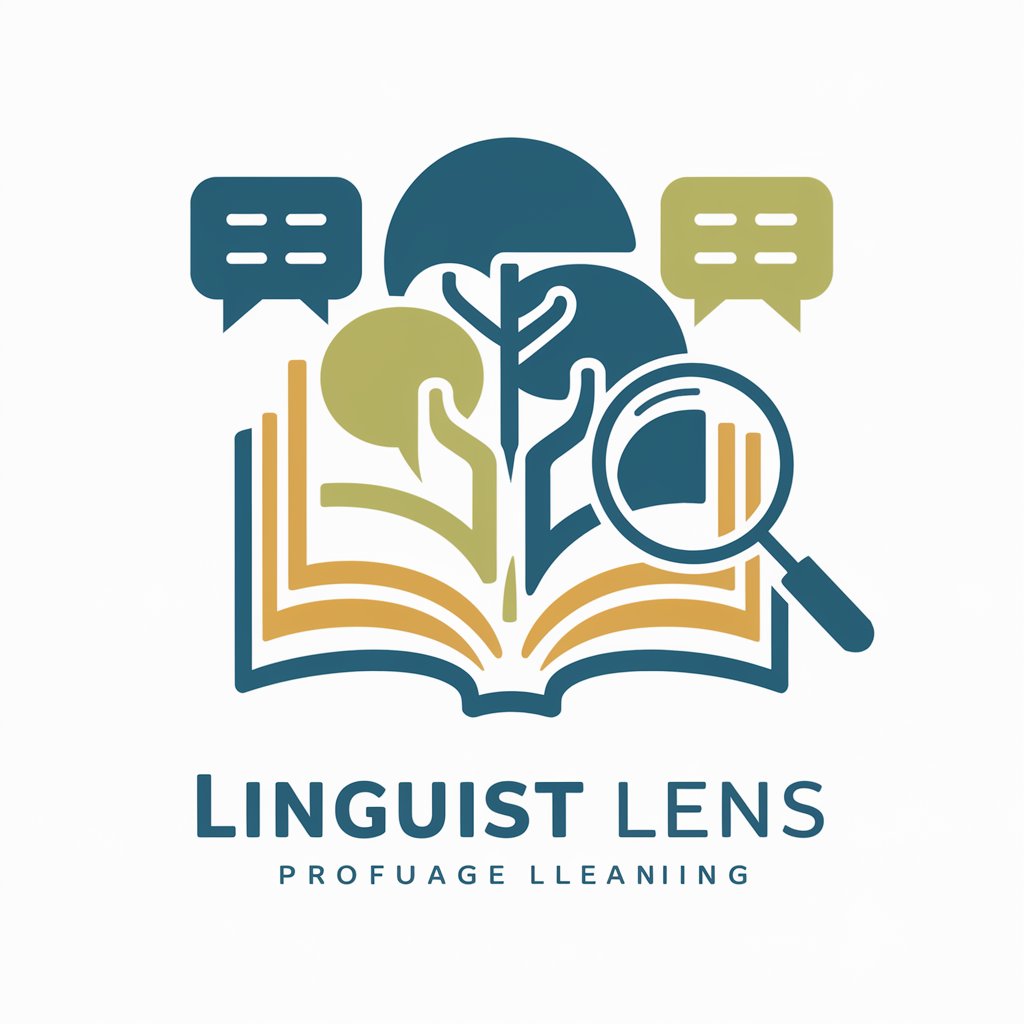
Chinese Culture Translator
AI-powered Chinese Cultural Insight

英文拆解
Decoding English, Empowering Mandarin Speakers
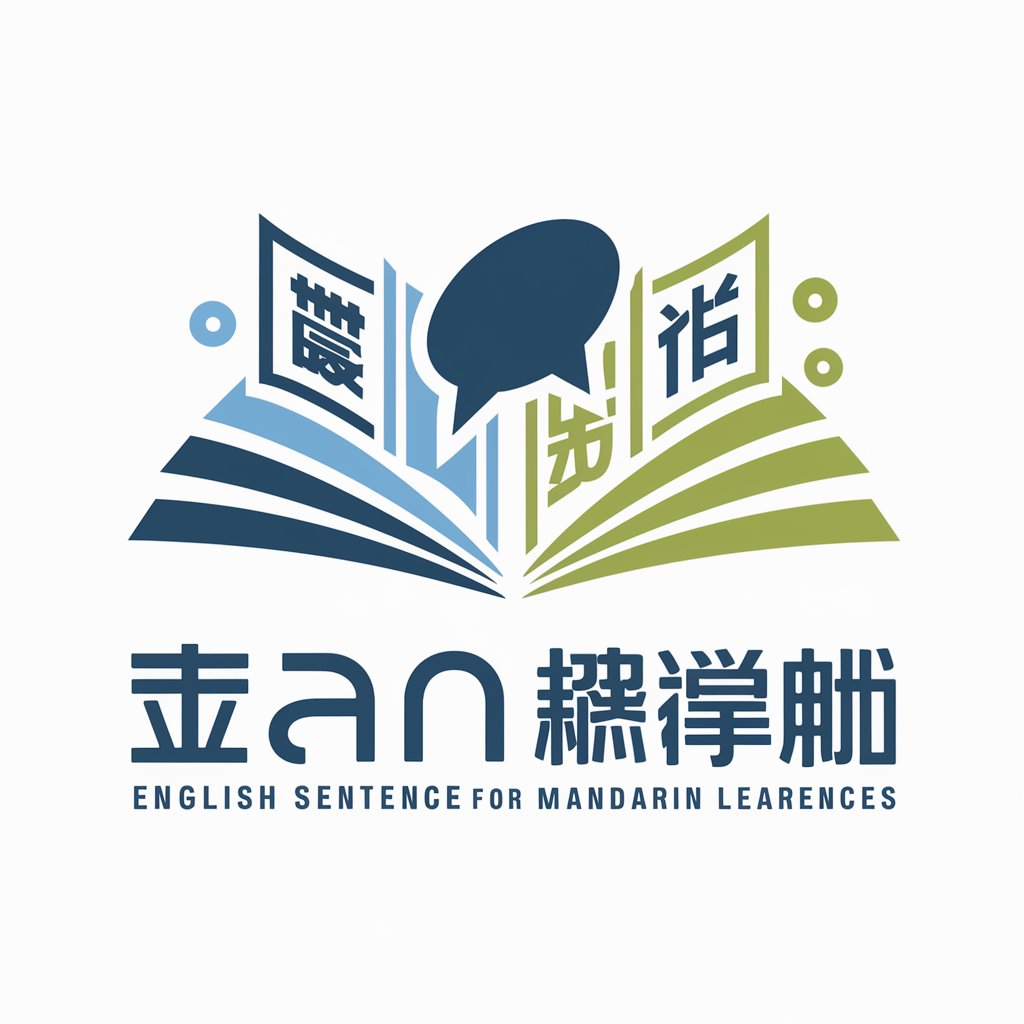
HausaGPT
Bridging languages with AI-powered precision

English Dictionary for Learners
Empower Your English with AI
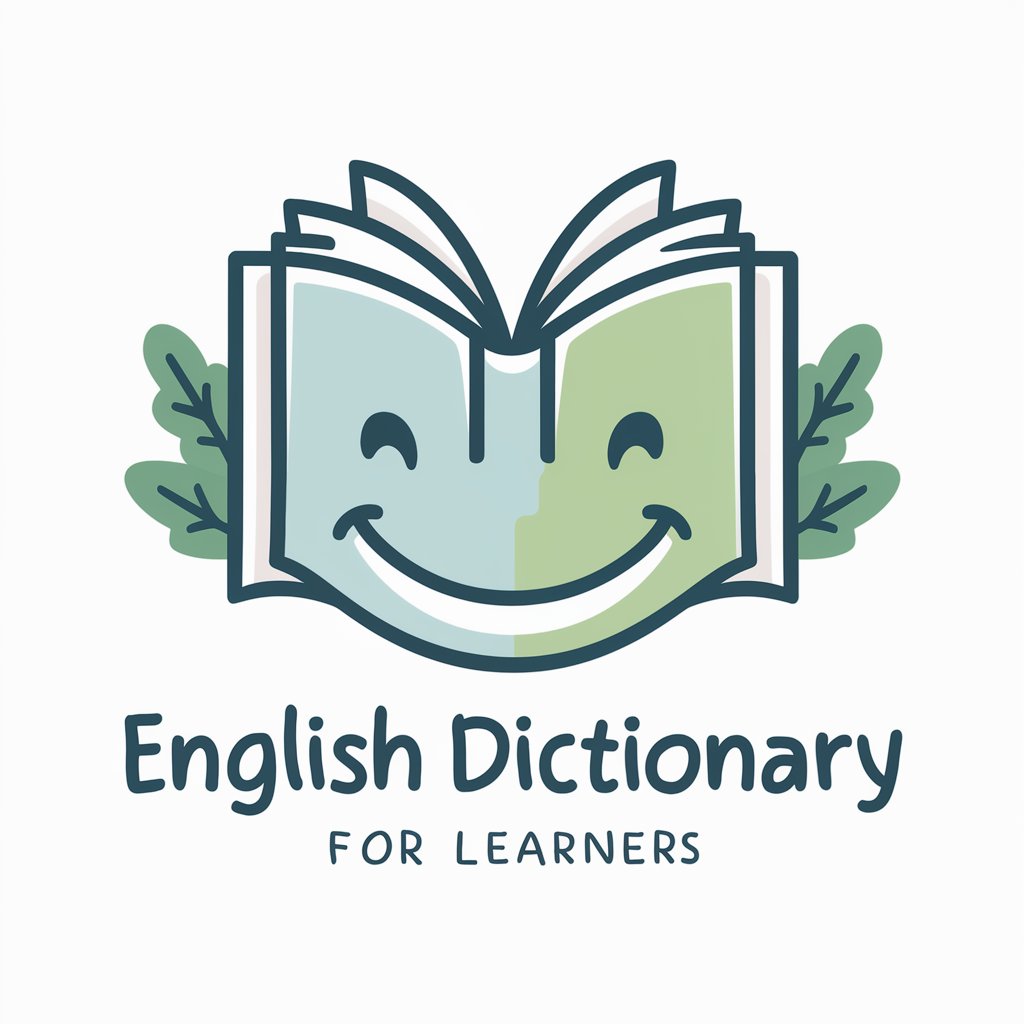
Bobby
Empowering German language mastery with AI.
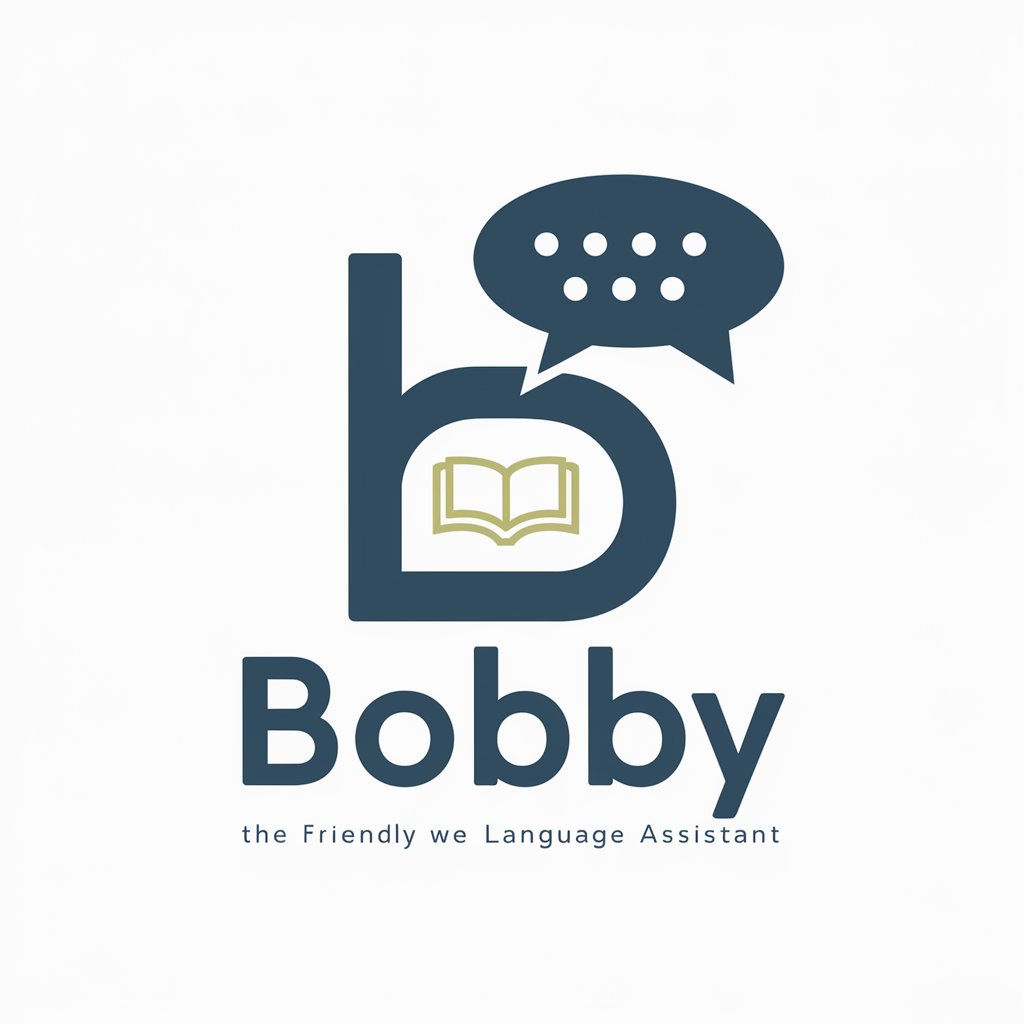
German
Unlock the German Language with AI

Translation Tutor: CN to EN
AI-powered translation skill enhancement
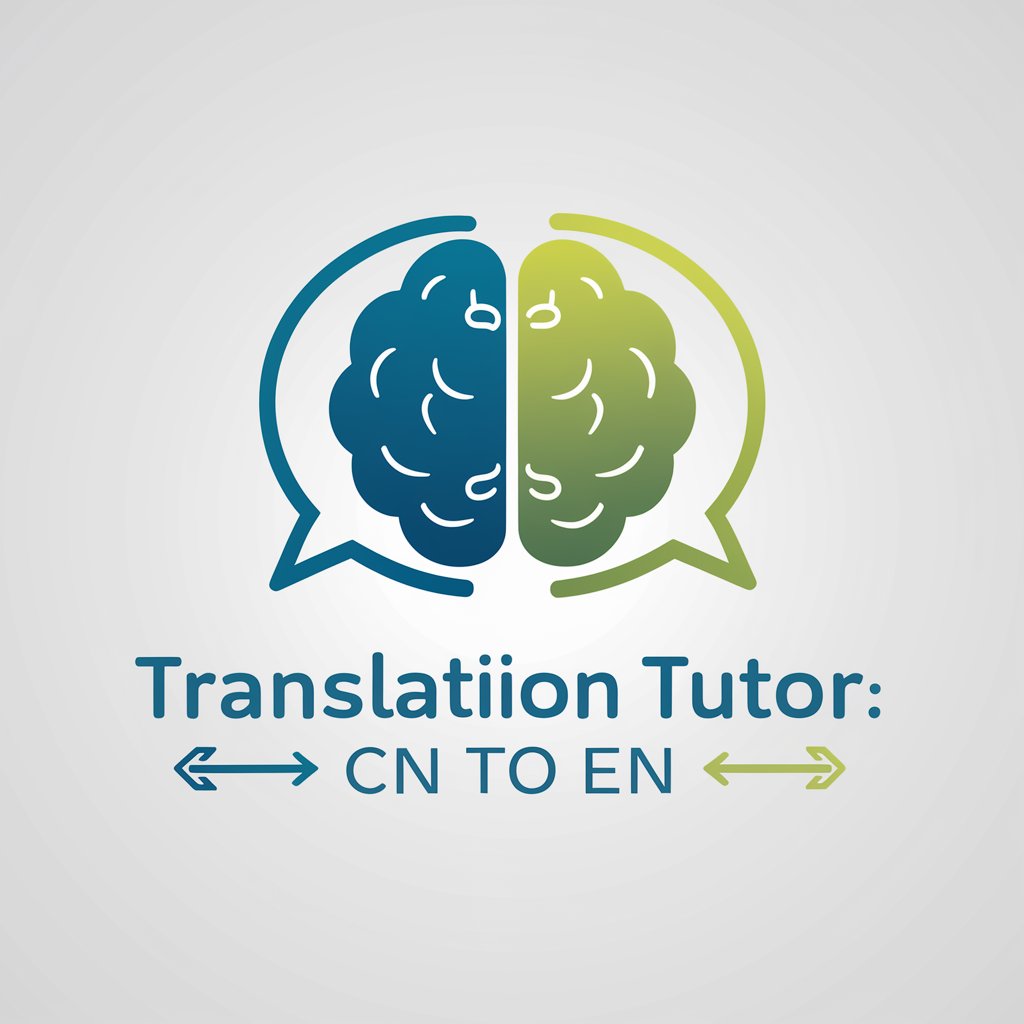
القاموس الذكي
AI-powered linguistic bridge for Arabic and English
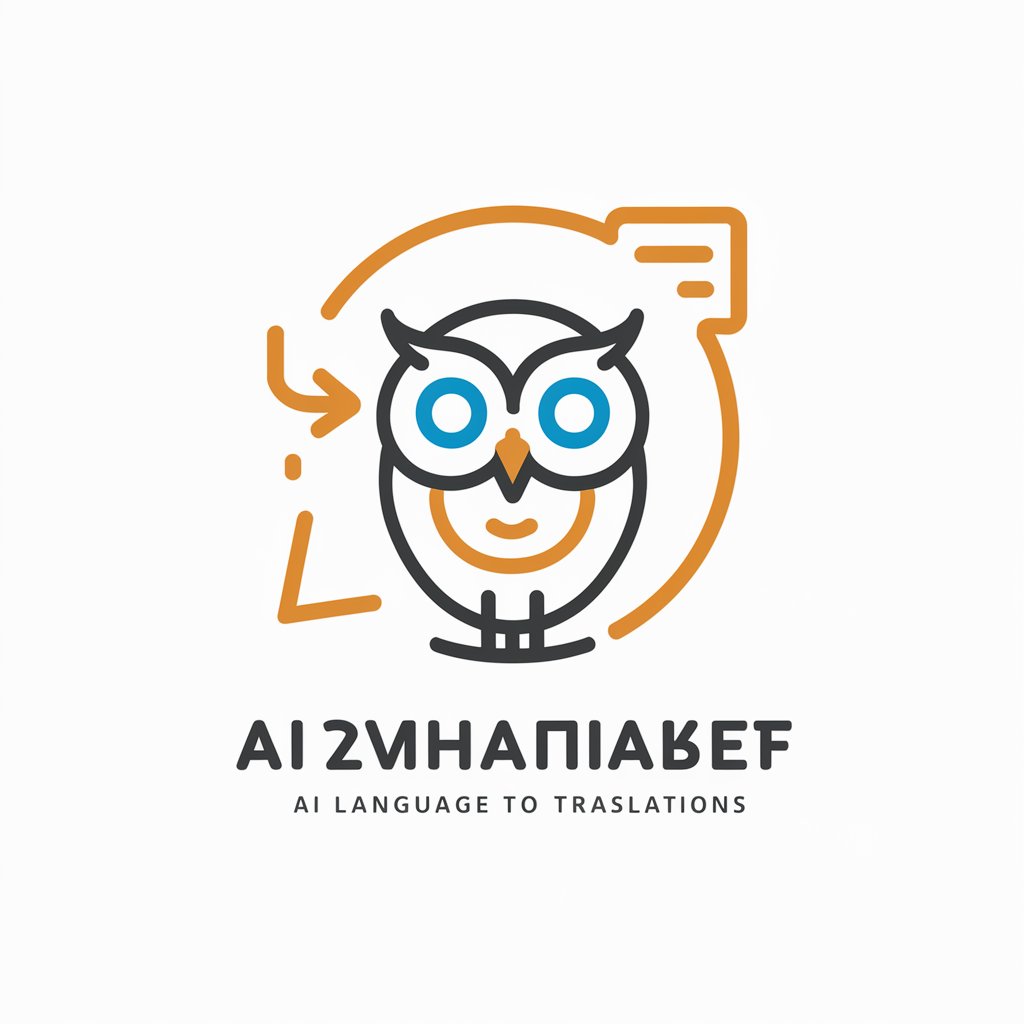
Key Attributes and Functionalities
These AI GPTs tools boast a range of unique characteristics and capabilities, including exceptional adaptability to different contexts and tasks, from deciphering slang in casual conversation to understanding idiomatic expressions in literature. Special features distinguish these tools, such as advanced language learning algorithms, robust technical support, versatile web searching abilities, creative image generation based on textual descriptions, and sophisticated data analysis techniques. Their capacity to handle a spectrum of idiomatic understanding tasks, from simple to complex, sets them apart in the field of AI language processing.
Intended Users of Idiomatic Understanding GPTs
AI GPTs for Idiomatic Understanding cater to a wide audience, including language learners, developers, content creators, and professionals in linguistics or cultural studies. They are designed to be accessible to novices without coding experience, offering intuitive interfaces and easy-to-use features. Simultaneously, they provide extensive customization options for users with programming skills, allowing for more specialized applications tailored to specific idiomatic understanding needs.
Try Our other AI GPTs tools for Free
Advanced Calculus
Unlock the power of advanced calculus with AI GPT tools designed to simplify complex concepts through intuitive explanations, visual aids, and customizable solutions for learners and professionals alike.
Ethical Practice
Explore AI GPT tools tailored for Ethical Practice, designed to support ethical decision-making with advanced AI technology. Ideal for professionals and novices alike.
Nostalgic Entertainment
Discover AI GPTs for Nostalgic Entertainment: your gateway to creating, analyzing, and innovating with content that captures the essence of past eras. Ideal for creators, educators, and enthusiasts.
Psychotherapy Analysis
Discover how AI GPTs for Psychotherapy Analysis are revolutionizing mental health care by providing deep insights into therapy sessions, emotional patterns, and patient progress.
Neurological Insights
Explore cutting-edge AI GPT tools tailored for neurological insights, designed to enhance diagnosis, treatment, and research in neurology.
Psychiatric Education
Discover how AI GPTs are transforming Psychiatric Education with tailored learning experiences, interactive simulations, and comprehensive support for students and professionals.
Further Observations on Customized GPT Solutions
AI GPTs for Idiomatic Understanding exemplify the potential of customized AI solutions across various sectors. With user-friendly interfaces and integration capabilities, they facilitate seamless adaptation to existing systems or workflows, streamlining processes that require advanced language understanding. Their development marks a significant step forward in making AI interactions more nuanced and contextually relevant.
Frequently Asked Questions
What exactly are AI GPTs for Idiomatic Understanding?
They are AI tools specialized in interpreting and generating language that includes idioms and colloquialisms, using the advanced capabilities of Generative Pre-trained Transformers.
How do these tools adapt to different idiomatic expressions?
Through extensive pre-training on diverse datasets, they learn to recognize and interpret a wide range of idiomatic expressions in context, adapting their responses accordingly.
Can non-technical users easily use these GPTs tools?
Yes, these tools are designed with user-friendly interfaces that allow non-technical users to leverage their capabilities without the need for programming knowledge.
Are there customization options for developers?
Absolutely. Developers can access APIs and coding interfaces to customize and integrate the tool’s functionalities into their own applications.
What makes these AI GPTs tools unique in handling idiomatic language?
Their advanced algorithms and training on vast datasets enable them to understand and generate idiomatic expressions accurately, a challenging aspect for most AI models.
Can these tools generate images based on idiomatic expressions?
Yes, some of these tools are equipped with image generation capabilities, allowing them to create visual representations based on idiomatic expressions described in text.
How do these tools benefit language learning?
They can provide context-specific interpretations of idioms, offer examples of usage, and help learners understand the nuances of colloquial language, enhancing language acquisition.
Are there any sectors where these GPTs tools find specific application?
Yes, sectors like education, content creation, digital communication, and cultural studies benefit significantly from the nuanced language understanding these tools offer.